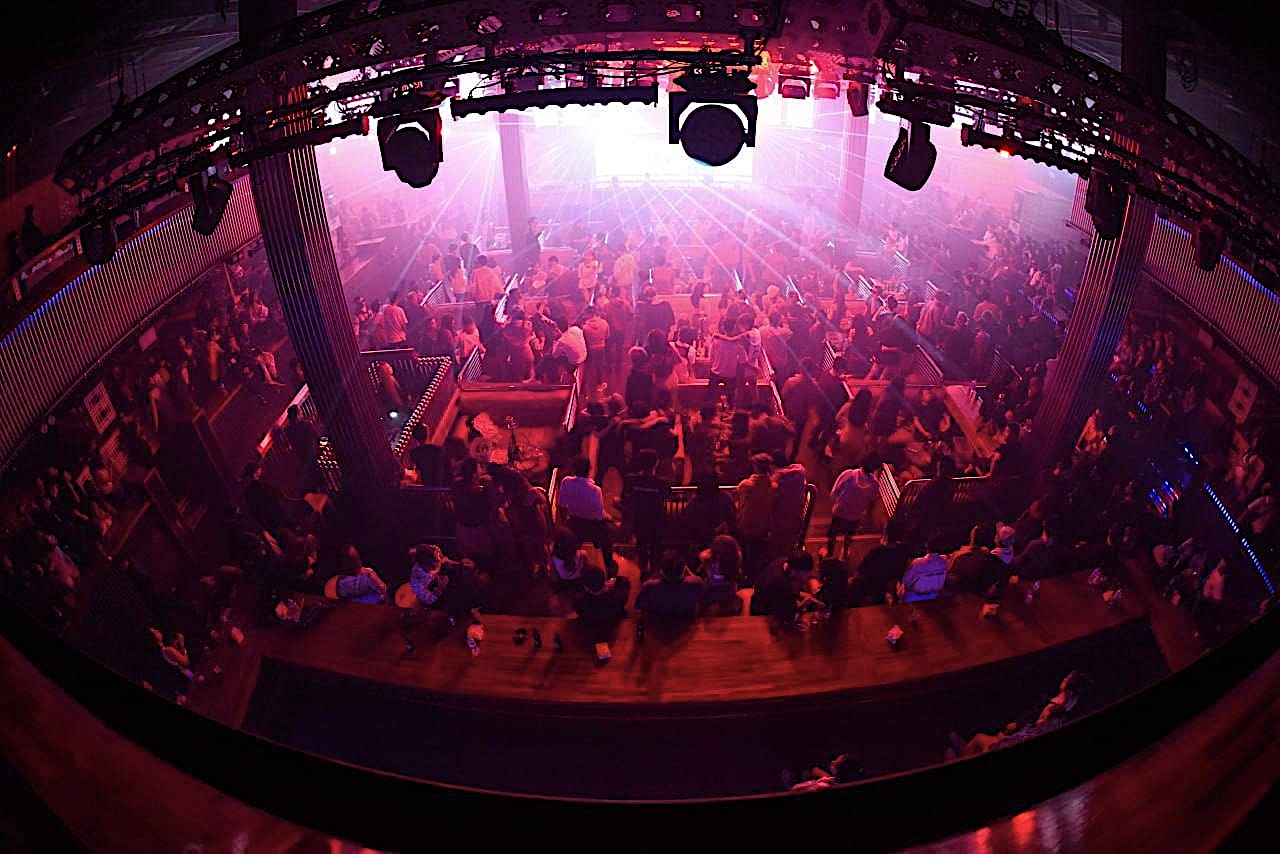Myanmar’s military regime has ordered city nightclubs and bars notorious for so-called party drugs – narcotics such as ecstasy and ketamine – to shut down until further notice.
The order was issued on Monday and covers venues in Naypyitaw, Yangon and Mandalay.
“It is mainly because party drugs are widely available now,” said an organizer of nightlife events in Yangon. “All the nightlife venues have shut down, and they don’t know when they can reopen.”
The United Nations has recorded a “huge surge” in synthetic party drugs produced by organized crime networks operating in the Golden Triangle on Myanmar’s border following the coup.
Naypyitaw Council last month revoked the licenses of three nightlife venues in the administrative capital – Excellent Music Bar, Relax Music Bar and X-one Space Music Bar. The move followed an alarming rise in the availability of ecstasy or ‘E’ and ketamine (K), whose prices have also dropped since the 2021 coup.
Encouraged by corruption and poor enforcement of law over the past two years, nightlife venues that supply ecstasy, ketamine, and the narcotics cocktail known as Happy Water have mushroomed in major cities like Yangon and Mandalay.
Happy Water — which can contain E, K, methamphetamine, diazepam, and other narcotics — is the most popular party drug among young people in Yangon.
Ecstasy usually comes in pill form while K, which was originally designed as an anesthetic for animals, comes either as a liquid or a powder that is smoked.
Nightclubs associated with drug-taking in Yangon – including Honey Nest, The One Entertainment, Pioneer, Domino, Myst, MarZ, Vuvuzela, and Transporter – have also been ordered to shut down.
The clubs have separate spaces known as Hi Rooms where partygoers can buy and use drugs and dance to music, often played by private DJs. Ecstasy is popular because it enables users to dance for hours without getting tired.

A supervisor of Vuvuzela’s Yankin branch confirmed that the nightclub has been told to shut down. “Yes, we have been ordered to close, but I am not allowed to say why,” he told The Irrawaddy.
A DJ familiar with the scene was more forthcoming about the reasons for the closure order.
“From what I know, some children of senior [junta] officials died from overdosing on party drugs. And it is also because high-ranking officers [from the military] have been increasingly involved in this business.”
The military regime announced it had destroyed narcotics worth half a billion US dollars to mark the International Day against Drug Abuse and Illicit Trafficking on June 26. However, Lieutenant-General Soe Htut, chairman of the Central Committee for Drug Abuse Control, admitted that the regime’s anti-drug efforts had failed.
Despite the junta taking a tough line on drug production and trafficking, the business is thriving, the Lt-General was quoted as saying by junta propaganda newspapers.

















